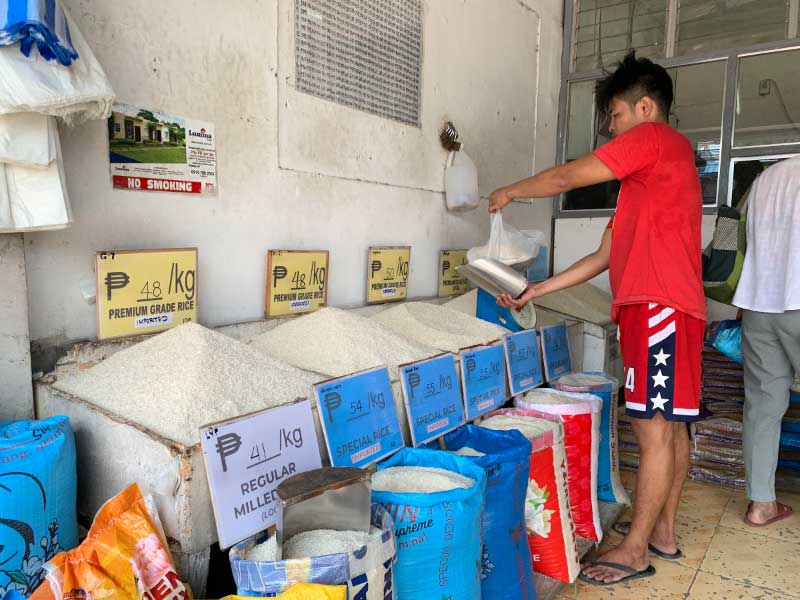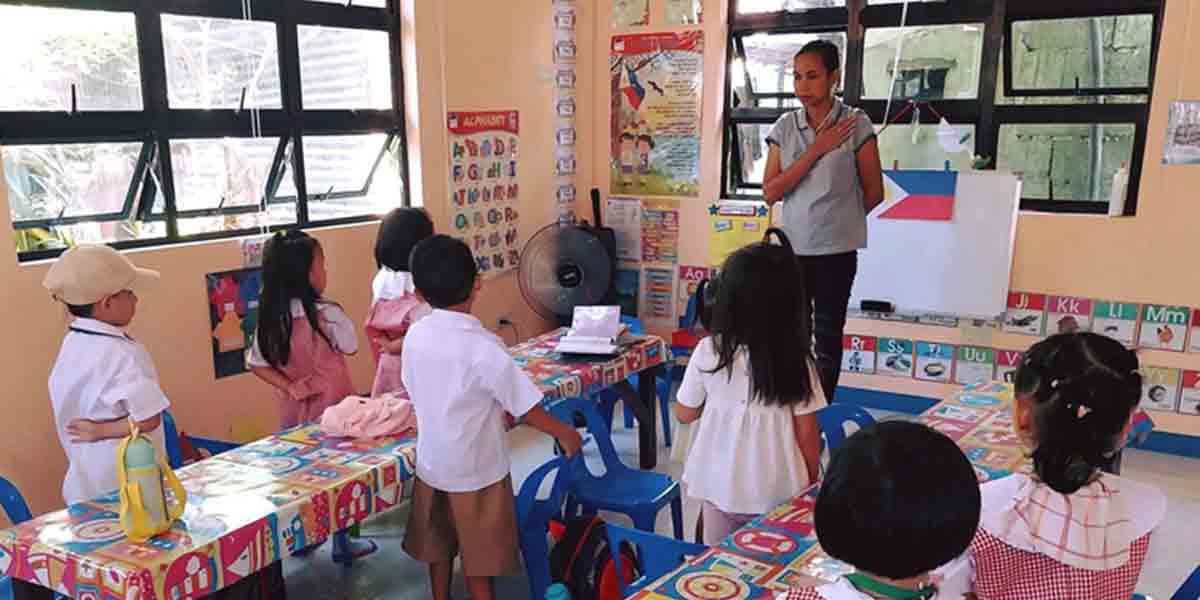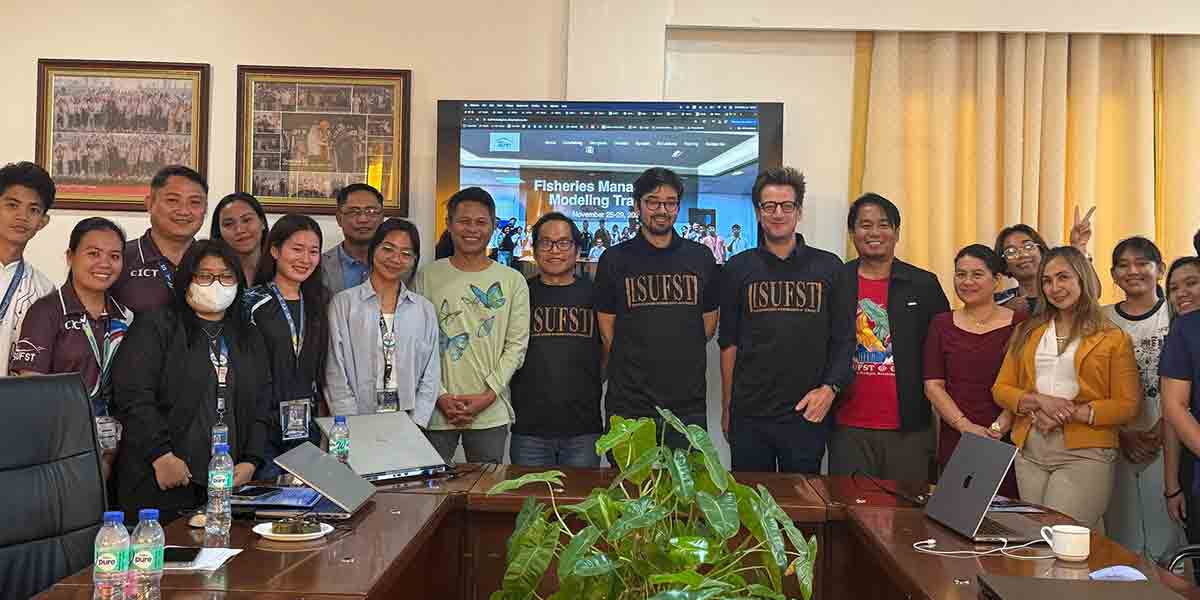
By Rjay Zuriaga Castor
The Iloilo provincial government and Department of Agriculture-Western Visayas (DA-6) said the retailers in the province have expressed their commitment to follow the mandated price ceiling for regular milled rice and well-milled.
Iloilo Governor Arthur Defensor Jr. on Wednesday called for an emergency meeting with the retailers, local rice traders, importers, DA-6, and National Food Authority on Wednesday, to discuss the implementation of Executive Order No. 39.
The executive order sets the price cap for regular milled rice at P41 per kilo and P45 a kilo for well-milled rice nationwide.
“Ang aton pamaagi kung may executive order kita… indi lang na nga mapapati natun ang aton kasimanwa. Ang importanti sina is pagpainchindi kag pagkuha sang ila kooperasyon. Didto kami kagina nagtapos […] Ang siling sa aton kagina sang aton gin tipon, nga makuha natun ang ila kooperasyon,” Defensor told Daily Guardian.
He likened the provincial government’s approach to the implementation of the imposed price ceiling to COVID-19 and African swine fever.
“The approach is the same, nagangayo kita sang sugilanon sa aton stakeholders para nga mapainchindi natun sila kag makuha natun ang ila kooperasyon […] They are already complying. Indi perpekto pero ang gusto lang gid natun nga makasuglinon kita sa ila […] It was a good meeting and a good dialogue,” he noted.
The provincial governor stressed that the price ceiling is seeking to ensure that there is balance by making rice accessible to the Ilonggos.
“Without oversimplifying it, ang aton nga price ceiling ara siya sa retailer para nga masarangan sang atun kasimanwa ang bugas nga ginakaon natun. Para nga accessible sa aton kasimanwa ang ginakaon natun,” he explained.
Defensor said the “situation is dynamic” since if the government will achieve the balance and the harvest season comes, the situation will improve rapidly.
He emphasized that the Local Price Monitoring Council was already in place before the executive order took effect on September 5. Defensor, however, said that with the meeting, he ordered the council to also monitor the harvest and supply of the staple item.
Meanwhile, DA-6 director Dennis Arpia said the primary goal of the meeting is to acknowledge and consider the impact on the affected sector.
“Wala po sa reaction ng ating mga parties concernd at ganun din po batay sa mga monitoring nating ginagawa, talaga po namang gusto ng ating mga retailers din na sumunod […] Kami nga lang tinitignan namin kung ano yung magiging epekto, kung ano yung actual na makikita natin sa palengke,” he explained.
But despite the compliance, Arpia said the retailers are also facing a predicament, especially on the high cost of their purchases or investments in their current stock.
Arpia said DA is closely working with the Department of Trade and Industry-Western Visayas (DTI-6) in profiling rice retailers in the region. The two agencies started the profiling and monitoring on Tuesday afternoon which will continue until Friday.
“The Department of Agriculture, the Department of Trade and Industry, and our local government units ay sama samang mag monitor para makita natin kung nasusunod ba ang ipinatutupad na price ceiling at kung ano yung mga dapat nating hakbang. Subsequently, to make sure na naimplement po natin ito,” he said.
The DA-6 director said that in the profiling, retailers will be asked about their inventory, purchase prices, the sources of their rice supplies, and the extent of losses due to the mandated price ceiling.
Arpia emphasized that data from the profiling will be eventually used in identifying the qualified beneficiaries for the cash assistance to be provided by the Department of Social Welfare and Development (DSWD).
Under the DSWD’s Sustainable Livelihood Program, small retailers affected by the rice price cap may receive P15,000 in financial assistance.





















